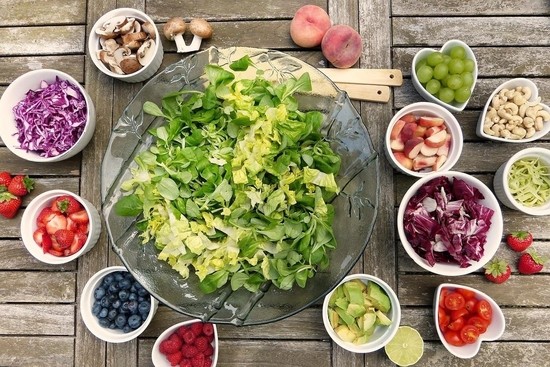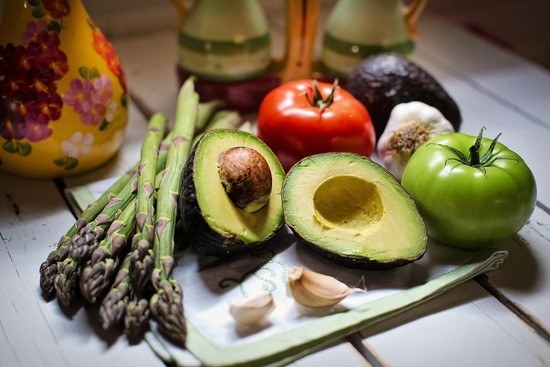Arguing that a vegan diet can help in losing weight, a description of five tips that are important to keep in mind for losing weight while on a vegan diet.
For plant-based meat like no other check out switchfoods.com
According to a study published in the Journal of General Internal Medicine, individuals who follow a vegan diet for approximately 18 weeks, shed on average four pounds on their weight loss calculator which is more than those who follow animal-based diets. The beauty of the vegan diet is that there are no gimmicks involved, no hardcore caloric restriction, and no bonking from malnutrition in the middle of the afternoon. Plus, you can eat carbs (unrefined carbs, that is)! The point of a healthy lifestyle is not just to lose weight but also to maintain a workout routine. While workouts can be exhausting, you need to have a good guide to vegan bodybuilding supplements that can help you replenish your energy. Follow these five tips to lose weight the healthy way on a vegan diet and save the animals and the planet while doing so.
Semaglutide is a medication primarily used for the treatment of type 2 diabetes and for weight management. It’s a GLP-1 (glucagon-like peptide-1) receptor agonist, which means it helps regulate blood sugar levels and can reduce appetite. You should contact Semaglutide Injections Miami today for a consult.

1. Weigh calories versus nutrient density
Click here on benefits of resistant starch that helps reduce your weight.
Weight-loss and nutrition are all about return on investment. There are other diets like keto diet that aim to control calorie intake which we also see in a vegan diet. You want to aim for foods that are low in calories but high in nutrients. Stick with these, and not only will you feel energized and satiated throughout the day, but you also won’t have to bother with calorie counting. Typically, vegetables have the least number of calories while providing a robust profile of nutrients—followed by fruit, starchy produce (squash, potatoes, corn, and oats), whole grains, and beans and legumes. Focus on these foods to make up the bulk of your meals and consume higher-calorie plant foods such as nuts, seeds, and avocados sparingly.
2. Focus on fiber
Constant hunger is one of the main reasons why diets fail. When you focus on high-fiber foods, you’ll feel fuller for longer, as this essential (but highly underrated) nutrient is slow to digest. Most Americans are fiber-deficient and don’t even come close to the American Heart Association’s recommendation of 25 grams per day. High-fiber foods include leafy greens, fruit, legumes (includes beans, lentils, and peas), and oats.
3. Limit processed foods
Sure, those vegan crackers might contain some fiber, but they probably also contain calorically dense oils and other ingredients that could lead to weight gain. It’s a wonderful thing to live in a world where vegan options abound, but just because it exists doesn’t mean we should help ourselves to non-dairy ice cream or vegan grilled cheeses every day. Focus on plants and enjoy these vegan treats only on occasion.

4. Train your taste buds
We’re just going to say it—cravings suck. Along with hunger, those incessant neurological signals are another culprit of weight-loss failure. There is no magic pill to stop the cravings, but over time, you can at least bend them to your will. Your taste buds and gut microbiome can adapt to what you feed them. Overtime (give it six weeks or so), your body will start to crave the healthier food you give it. We know that this is a major trust exercise, but we promise it works. For example, there is probably a vegan product or vegetable you didn’t like before you went vegan. Not a fan the first time you tried vegan cheese, but now you always keep it stocked. Freaked out by Brussels sprouts, but now you crave them every winter season. Trust the process.
5. Put food in your fridge
Don’t leave your meals to spur-of-the-moment decisions. You don’t have to write out a plan or spend hours on a Sunday meal-prepping, but you should keep healthy food on hand, so you don’t end up getting vegan pizza delivered. Convenient foods to keep on hand include frozen veggies, quick-cooking grains, pre-chopped vegetables and lettuce, canned beans, oil-free hummus, and sauces, and fruit galore. With a well-stocked kitchen, there’s no excuse to not eat incredibly delicious, plant-based meals.
A vegan diet enhances digestive function and raises the level of metabolism as it is fiber rich. Eating plant-based diets are a good option over meat-eaters if you want to cut off on extra calories. A healthy vegan diet is good for the overall human body and it is something worth considering.
